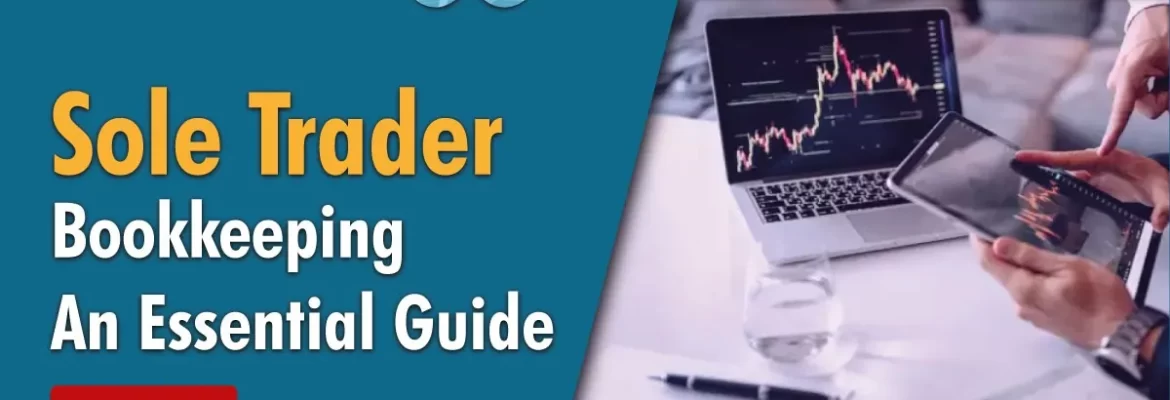Running a successful sole trader business requires a lot of dedication and hard work. As a sole trader, you are responsible for all aspects of your business, including bookkeeping. While it may seem overwhelming, bookkeeping is an essential part of managing your business finances and ensuring compliance with tax laws. In this guide, we will […]

